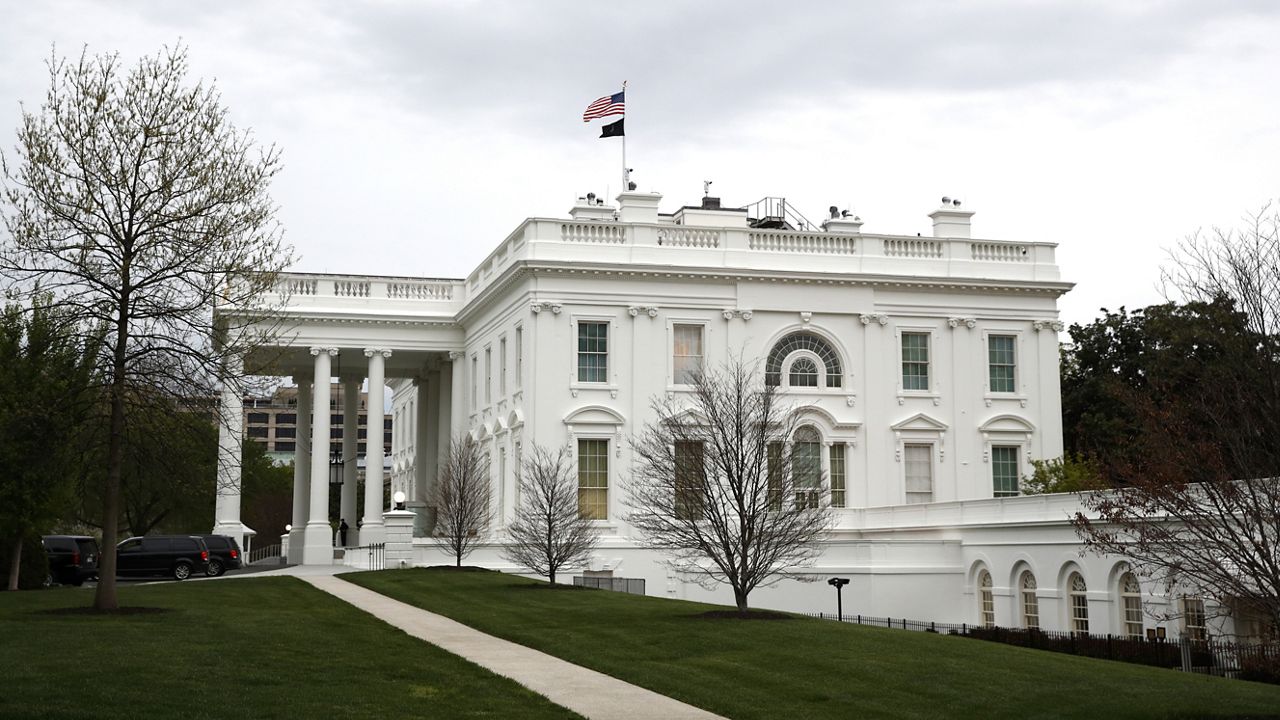Marking the latest salvo in a recently heated public exchange between the Biden administration and House Republicans over government funding, a White House spokesperson on Tuesday accused the House GOP of considering neglecting “urgent challenges” like the fentanyl crisis.
“With House Republicans on the verge of breaking with the Senate GOP and turning their back on the funding commitment they made to the American people, they need to remember that lives are at stake in the government funding debate,” White House spokesperson Andrew Bates said in a memo released on Tuesday.
Lawmakers are facing a Sept. 30 deadline to find an agreement to fund the government and avoid a shutdown.
Congressional leaders, including House Speaker Kevin McCarthy, R-Calif., have floated the idea of a short-term funding measure to keep the government afloat until a larger budget can be worked out.
The White House officially asked Congress to pass a stopgap measure – known as a continuing resolution – last week.
But a number of conservative House Republicans have pushed back on such a move, insisting it be tied to a host of their priorities that are unlikely to gain support from the Democratic-controlled Senate and White House.
Last week, Georgia Rep. Marjorie Taylor Greene said she would not support any attempt to fund the government past this fiscal year if the House did not move forward with a vote to open an impeachment inquiry into President Joe Biden, prompting a public back-and-forth between her and the White House.
Bates responded to Greene’s comment last week, referring to her as “extreme” and the “hardcore fringe” of the Republican party.
“The last thing the American people deserve is for extreme House members to trigger a government shutdown that hurts our economy, undermines our disaster preparedness, and forces our troops to work without guaranteed pay,” Bates said.
Greene hit back with a post on X, the platform formerly known as Twitter, writing “the White House is outraged at my audacity to demand” an investigation and impeachment inquiry.
“The White House is attacking me for demanding an impeachment inquiry before I’ll vote to fund one penny to our over bloated $32 TRILLION dollar in debt failing government,” she wrote.
In Tuesday’s memo, the White House singled out Greene while pointing to much-needed funding to combat the scourge of fentanyl.
The memo says the president asked Congress to provide $800 million to fight fentanyl trafficking, arguing Republicans in the lower chamber are risking providing that funding. They also shared quotes from several House Republican lawmakers talking about the urgency of addressing the issue.
“Now, House Republicans have a stark choice to make: will they honor their word, meet their responsibility to avoid a shutdown, and act on life and death priorities like fighting the fentanyl crisis?” Bates wrote.
“Or will they break their promise and choose to shut down the government – hurting our economy, undermining our disaster preparedness, and forcing our troops to work without getting their paychecks – all to appease Marjorie Taylor Greene and her far-right friends’ demands for a baseless impeachment stunt simply to politically attack the President?”
Earlier this year, the deal McCarthy and Biden cut to suspend the nation’s debt limit and keep the U.S. from defaulting included agreements for the next fiscal year aimed at reining in spending to get GOP support.
But it was not enough for some in the GOP’s right flank, who subsequently held up the House floor for days in protest.
Soon after, Texas Rep. Kay Granger, the chair of the House Appropriations Committee, said House Republicans will mark up next fiscal year’s spending bills below the levels in the debt deal, arguing they are a ceiling, not a floor.
The Senate has marked up its bills in line with the levels set by McCarthy and Biden, putting the two chambers at odds.
Before Congress left for the August break, the House passed one of 12 spending bills and abandoned a plan to vote on a second. When lawmakers return to Washington, the lower chamber has just 12 days in session before the Sept. 30 deadline.
The Senate has passed all 12 of its bills out of committee, but the full body has not yet voted on the legislation.








